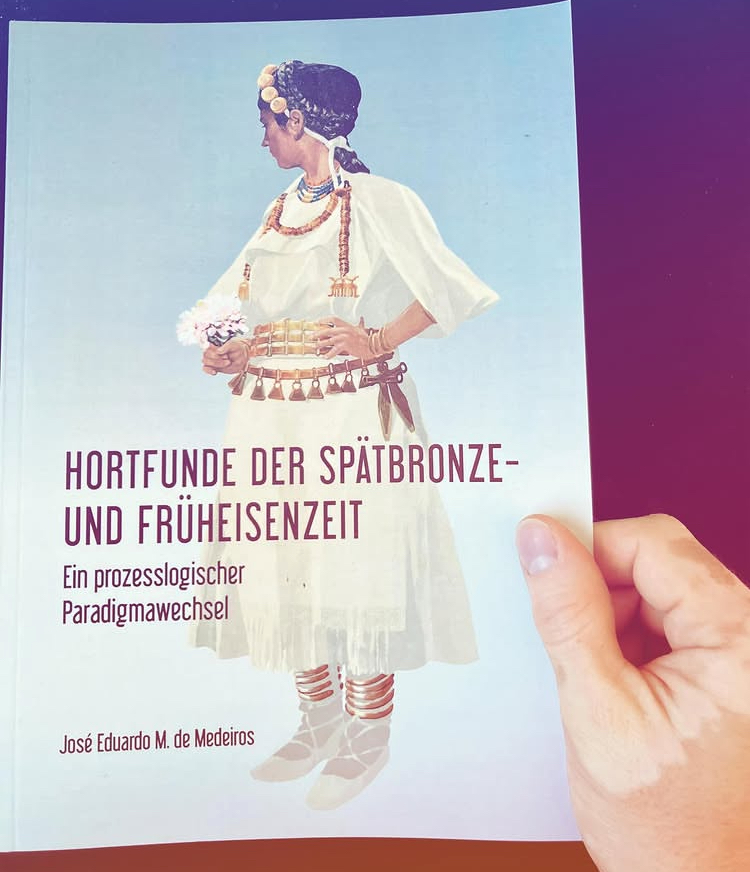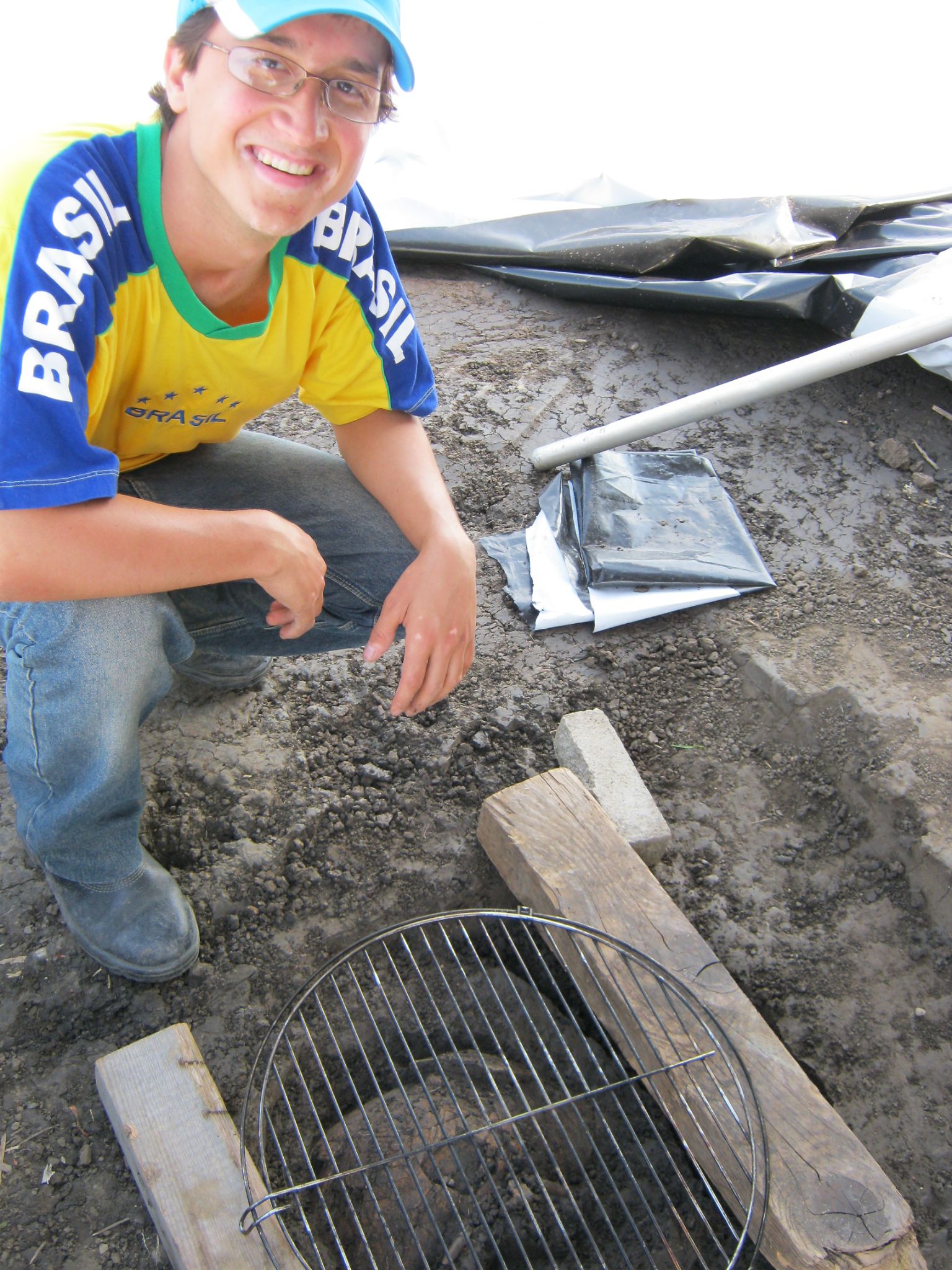Fear ex post
18 Oct 2025 - de Medeiros, J. E. M.
Fear ex post
They say Freud took inspiration from the Catholic ritual of confession to develop the methods of psychoanalysis. Conversation as a tool to reveal insights, develop cognitive distance to psychic patterns that may be inflicting pain or anxiety on patients.
As my first week after a long vacation began in the skatepark, I experienced a new kind of psychic state. Three weeks without training on the skateboard should be enough to forget one or the other trick. However, the comeback left a feeling of confidence, as my body proved able to retry most tricks I had been learning for almost a year now. As a beginner of middle-advanced age, this is a thrilling experience. Somehow, a middle-aged man got to keep his skills. The body knew what it had to do, and the field of vision focused on the quarter I train every weekend, free from anxiety or fear. With fearless and focused sight, I paddled in the direction of the quarter. The body relaxed, the mind calmly confident of leading the self to a joyful state. As soon as I got on top of the coping, I felt a nonchalant feeling of success up to the moment I dropped back out of the coping, riding the curve back in the direction of flat ground. At that instant, my heart started to race. An unusual feeling. Normally, after the trick comes exhilaration and excitement. This time, I felt fear. Without an object of apprehension as the trick was behind me, I asked myself what that feeling and accelerating heartbeat could mean. And I could not believe it was fear. I tried the tricks other times, and several times I was not afraid of trying the tricks, nor on the way to the curb did I feel that anything could go wrong. Just the opposite. My body was sure of success. It knew it could do a 5050 grind, an axle stall or a feeble. As I went through this very new feeling of confidence, it got more confusing to feel the heart racing afterwards. What was happening?
Sensei, who is always there in the park, but very often also there for me in my learning curve, confirmed the diagnosis. “Probably you’re not used to the adrenaline anymore.” Or something to this extent. I am not sure that is what he said, but this is how I remember it right now. As a young skater passed us, he loudly told her my predicament: “He is feeling fear afterwards!” - he screamed. She overheard him and looked at us as if not yet understanding the situation. He said it again, albeit a bit less loudly. She just continued skating, not quite understanding if he was talking to her or not. I am not sure, but it does not matter. The point is that there was no need, in my view, to make my inner life public to the whole skatepark. That is what I first thought. And I told him exactly that.
After the brief talk, I paddled my way to the curb. Another 5050. This time, the heart did not race as it did the other times. Turning to Sensei again, I said: “Now, I am not feeling it as before.” In a moment of a real master, he taught, “See, talking about it helps.”
In a way, it did help a bit. Even if this phenomenon I will call “fear ex post” - because the feeling surges after the fact is accomplished - continued to resurface on that day, the lesson was there. The Skateboard Sensei turned into an uncertified psychoanalyst. Conversation, not in the privacy of the confession booth or of a psychologist’s clinic, no, conversation in public in the skatepark and training new tricks heals.
Brief summary of characters:
As I delve into these skateboarding and surfskate stories, I find myself walking a fine line between revealing too much and protecting the identities of those involved — especially minors or individuals who prefer to remain out of the public eye. Allow me, my imaginary reader, to introduce you to the key characters in this thrilling narrative:
-
Senpais: These are the seasoned skaters, the ones who’ve mastered the art of gliding across concrete waves. I’ve affectionately dubbed them “Senpais.” When multiple Senpais appear in a story, I’ll distinguish them as Senpai1, Senpai2, and so forth.
-
Sensei: Picture a skater with skills that transcend the ordinary. This individual isn’t just a Senpai; they’re a Sensei. Their wisdom, advice, and teachings elevate the entire skating experience. They’re the ones who can turn a simple kickturn into poetry in motion.
-
Senpai-Sensei: Now, this character is a delightful blend of both Senpai and Sensei. They possess the skills of a seasoned skater but also offer valuable guidance to others. Think of them as the bridge between experience and mentorship. Remember, these characters aren’t just names — they’re the heartbeat of my skateboarding experiences. As we ride through twists, turns, and gravity-defying tricks, keep an eye out for their distinctive styles and personalities. These are real people.
Categories: skateboard
Tags: sensei




